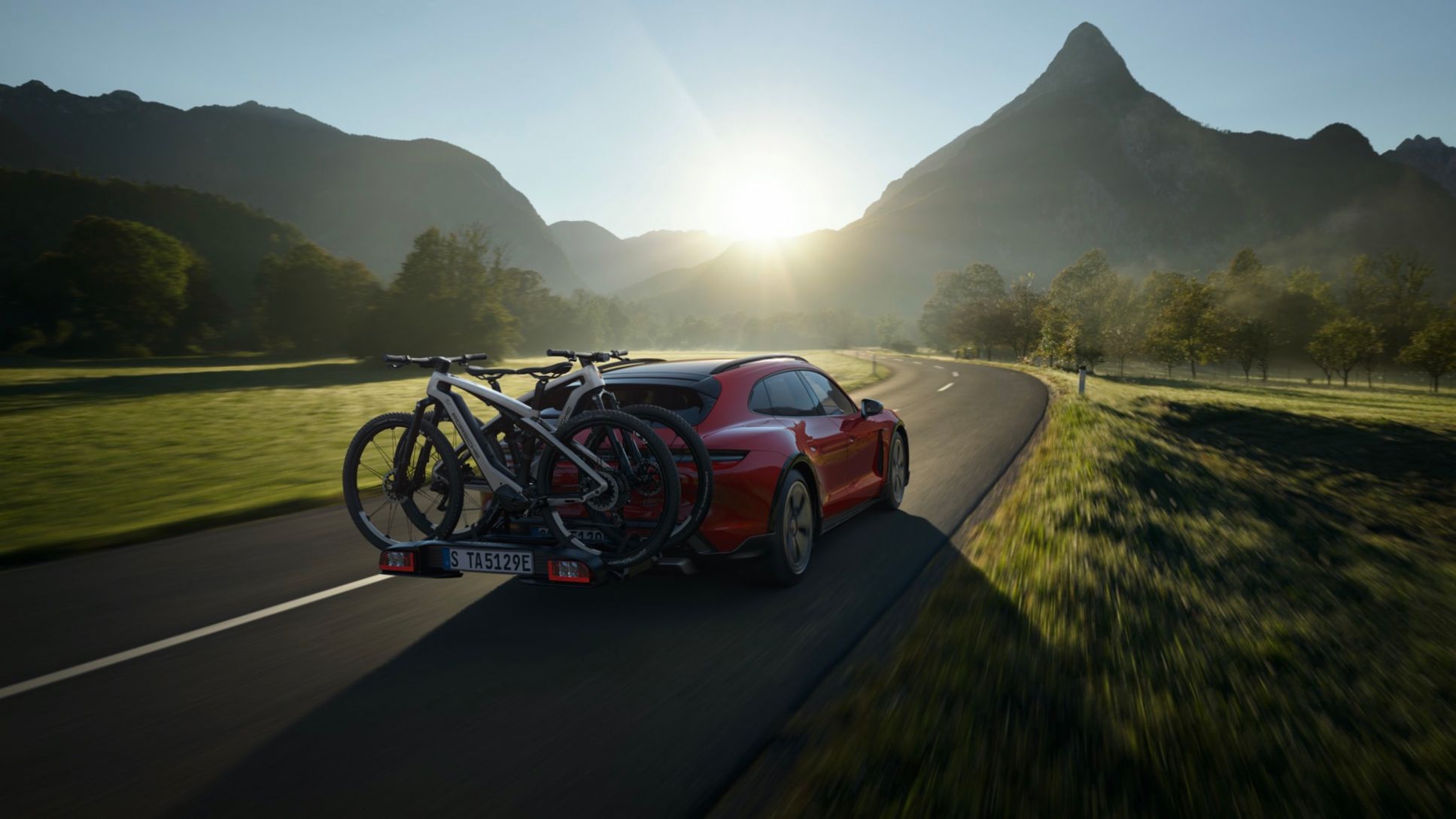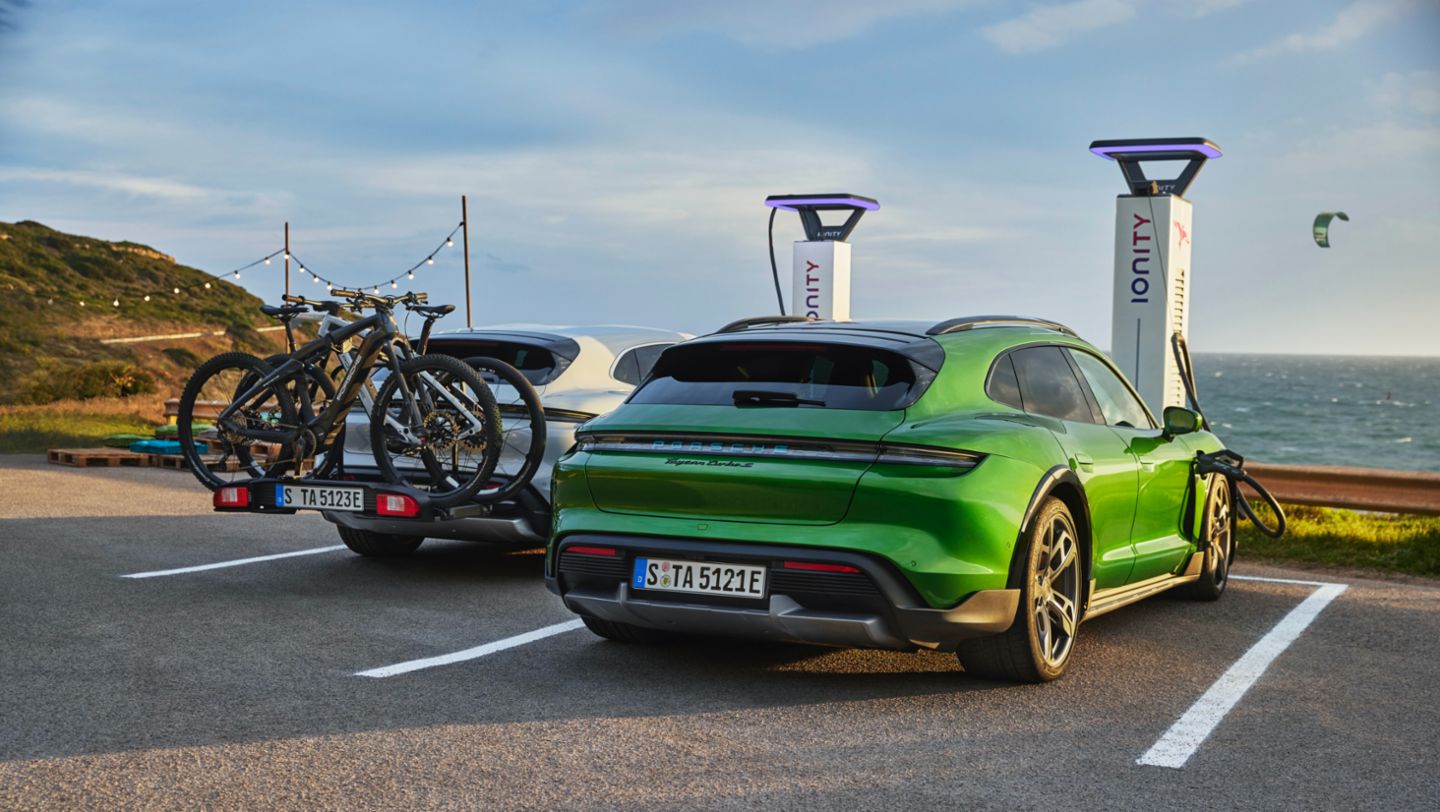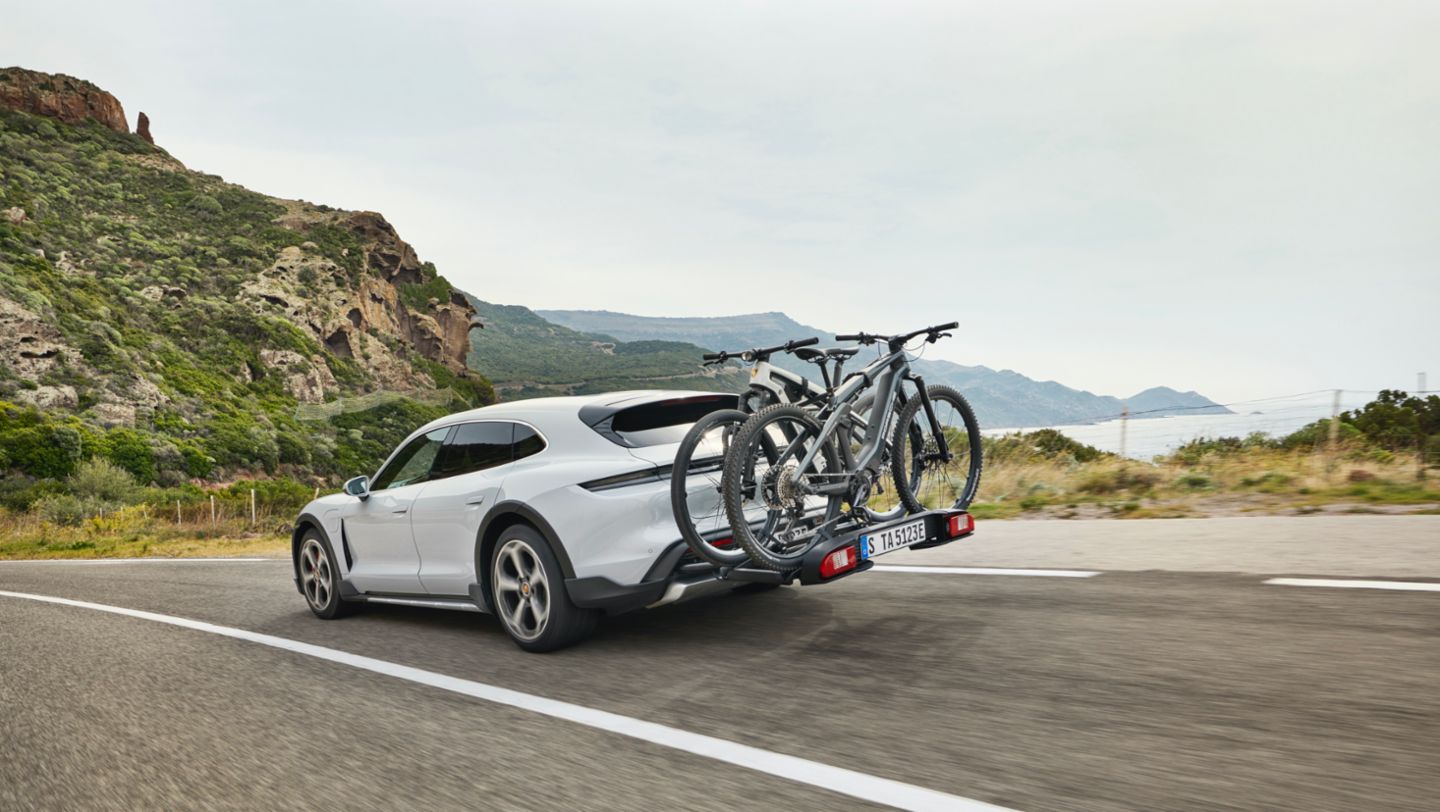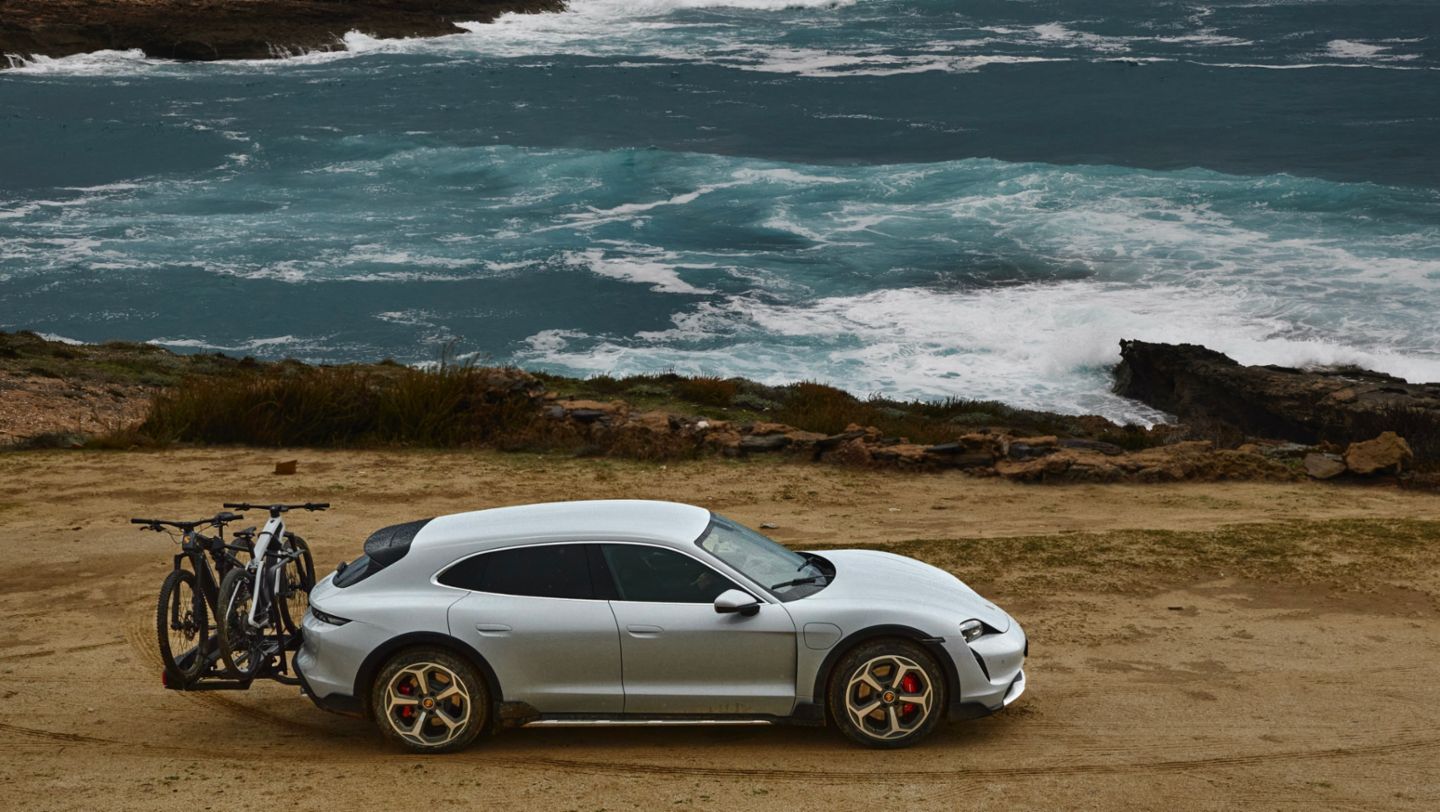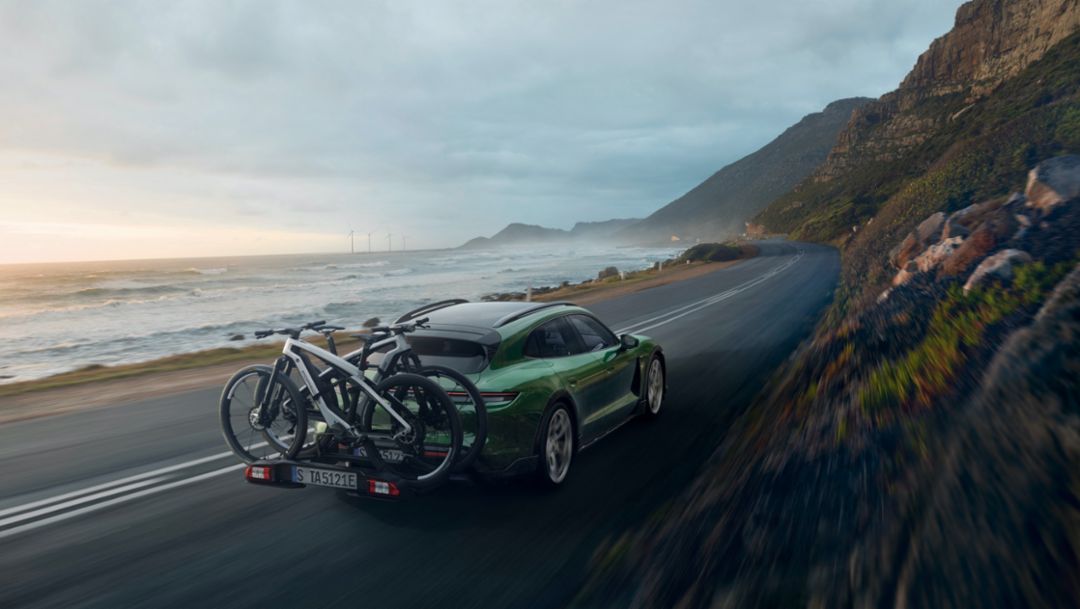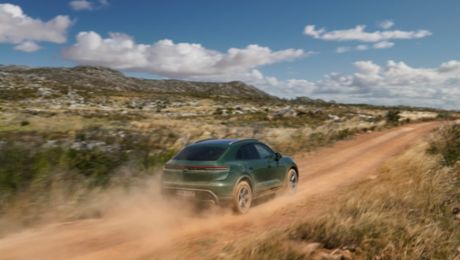The Dutch company focuses on sustainable energy and mobility solutions. Ponooc is part of Pon Holdings B.V. - a trading and service company with around 16.000 employees worldwide, which is also active, amongst others, in the bike industry and the automotive business.
Porsche is acquiring 20 percent of the shares in Fazua GmbH. In addition, there is an option to purchase further shares, which will allow Porsche to take over Fazua completely. The company from Ottobrunn near Munich was founded in 2013 and is a pioneer in the development of lightweight, compact drive technologies. It established the new category of "light eBikes" and today employs more than 100 people. More than 40 renowned brands already rely on Fazua's technologies. The parties have agreed not to disclose the purchase price.
Together with Ponooc, Porsche plans to establish two joint ventures that will be active in the field of electric mobility. The first joint venture is to develop, manufacture and distribute a future generation of high-quality Porsche eBikes. The second company will focus on technological solutions in the fast growing micro mobility market.
With these steps, Porsche is driving forward its e-mobility strategy in a holistic manner. In 2019, the company presented the Taycan as the brand's first all-electric sports car. Almost 40 per cent of the Porsche cars delivered in Europe in 2021 were already electrified - i.e. plug-in hybrids or fully electric models. Worldwide, the share was just under 25 per cent.
Attractive and fast-growing eBike market
The Stuttgart-based sports car manufacturer now wants to make greater use of this know-how in the attractive and fast-growing eBike market. In doing so, it is pursuing a clear strategy: Porsche's expertise will be supplemented by the market-specific know-how of Fazua and Ponooc, which has a broad portfolio of ventures in micro mobility and mobility platforms.
The formation of the joint ventures as well as the Fazua transaction are subject to clearance by the relevant antitrust authorities. Porsche AG will not disclose any further details until these reviews have been completed.
Irrespective of these activities, Porsche continues to work in a proven manner with its long-standing partner Rotwild on its current eBike models. In March 2021, the company launched its interpretation of exclusive electric bikes with the Porsche eBike Sport and the eBike Cross. In addition, Porsche Digital GmbH is building a platform for digital services around the cycling experience under the Cyklær brand.
